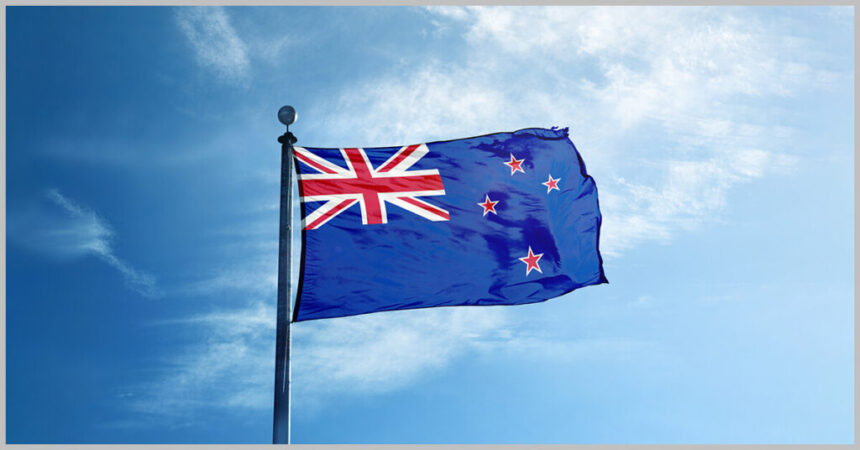New Zealand’s Ministry of Business, Innovation and Employment has selected 12 research teams to conduct six-month Earth observation studies in partnership with NASA.
The teams’ research projects cover a wide range of feasibility studies, including environmental monitoring, natural hazards and biodiversity, according to New Zealand Space Minister Judith Collins.
The teams were chosen from proposals received under the joint research initiative with NASA that MBIE announced in September 2023. Collins praised the quality of the selected projects, which she saw as having “the potential for excellent collaborative science with high relevance to both New Zealand and NASA.”
In one of the chosen projects, the Kea Aerospace research team will work with NASA to develop a new tool for coastal management through an advanced data feed from a stratospheric aircraft. Another feasibility study, which Lincoln Agritech will undertake with the U.S. space agency, will track pasture quality through satellite imagery.
Each of the 12 projects will receive up to $45,000 from the Kiwi government’s Catalyst Fund. MBIE and NASA will assess the completed feasibility studies for consideration on second-stage funding.
In January, New Zealand and Australia signed a collaboration agreement making up to $6 million available over three years through the Catalyst Fund to support the research community.


